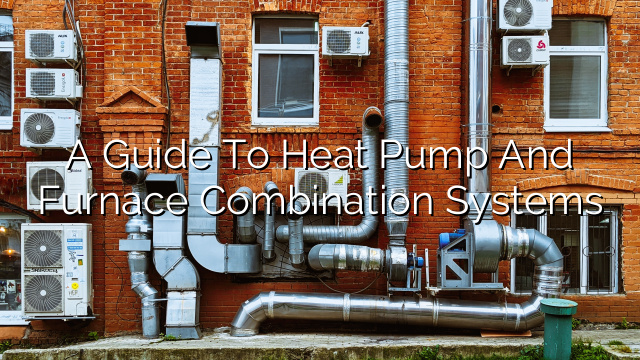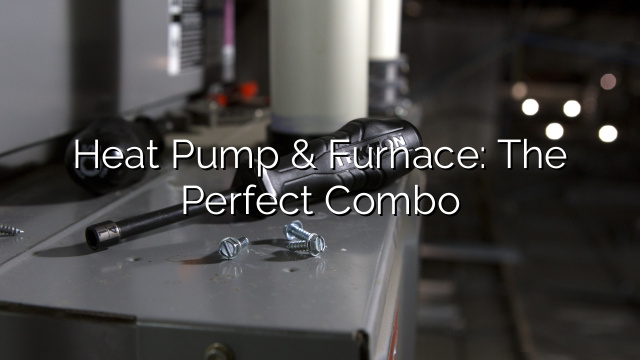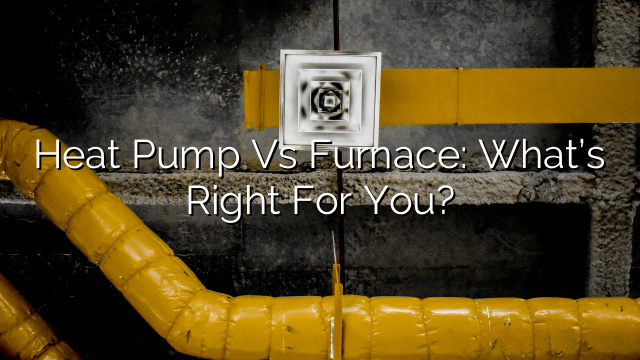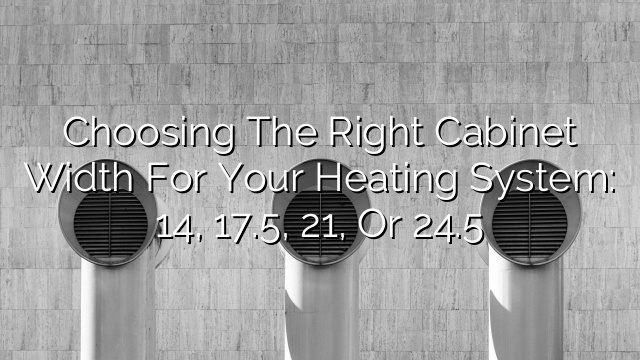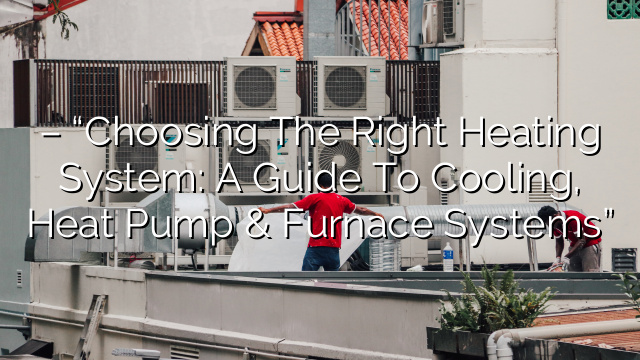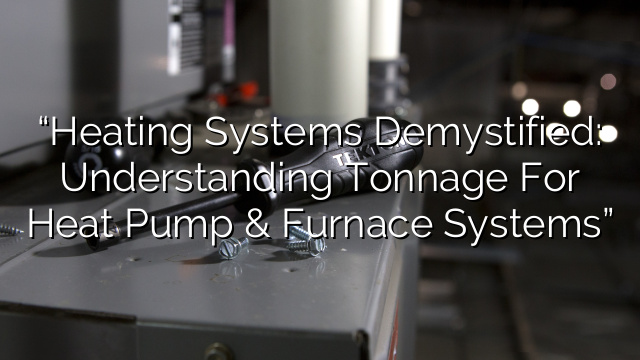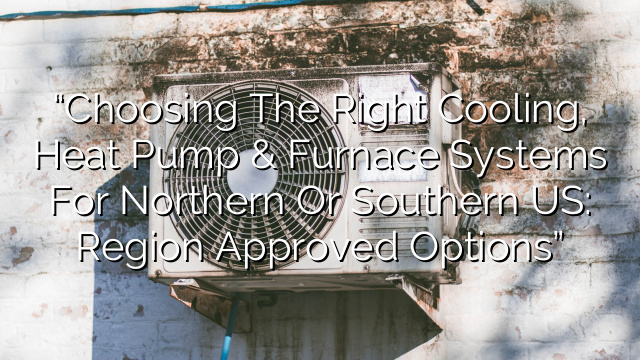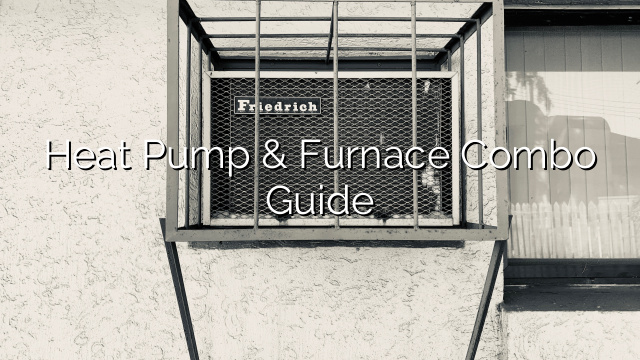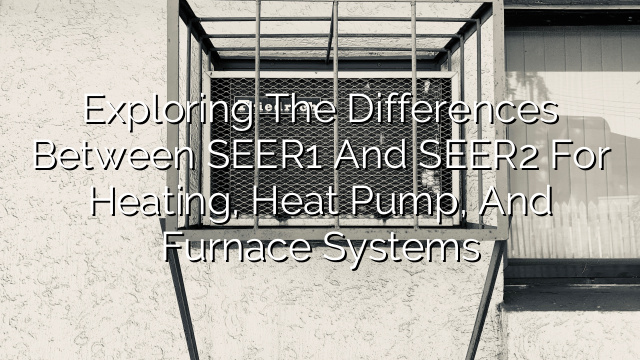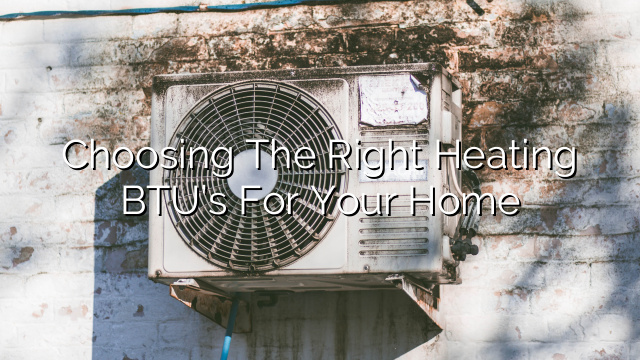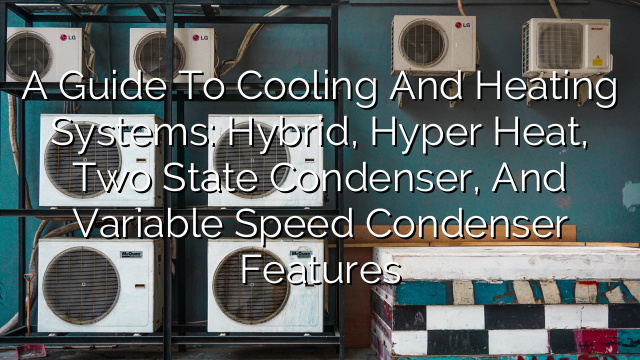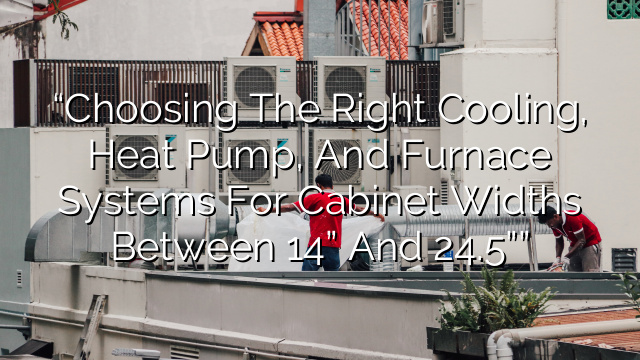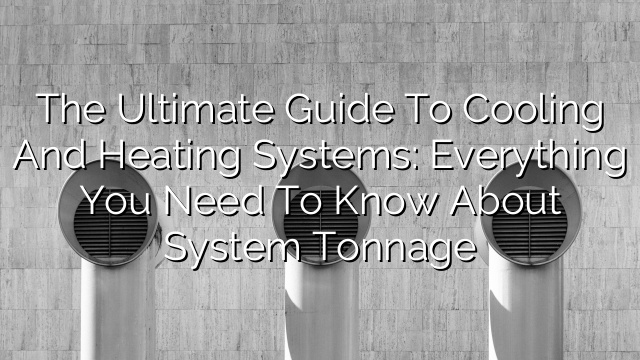Introduction
When it comes to heating your home, there are several options to consider. Two popular choices are heat pump systems and furnace systems. But what if you could have the best of both worlds? That’s where heat pump and furnace combination systems come in. In this guide, we will explore what these systems are, how they work, and the benefits they offer homeowners.
What is a Heat Pump and Furnace Combination System?
A heat pump and furnace combination system, also known as a dual-fuel system, is a heating system that utilizes both a heat pump and a furnace to heat your home. The heat pump is responsible for providing efficient heating during moderate weather conditions, while the furnace takes over during extremely cold weather.
How Does a Heat Pump and Furnace Combination System Work?
A heat pump operates by extracting heat from the air outside your home, even in cold temperatures, and transferring it indoors. This process is incredibly energy-efficient since it simply moves heat instead of generating it. However, when the temperature drops below a certain threshold, usually around freezing, the heat pump may struggle to extract enough heat. That’s where the furnace comes in.
A furnace, on the other hand, generates heat by burning fuel, such as natural gas or propane. It operates independently of outdoor temperature and can provide a steady and reliable source of heat during colder weather. When the temperature drops too low for the heat pump to operate efficiently, the furnace automatically takes over to ensure your home stays warm and comfortable.
The Benefits of a Heat Pump and Furnace Combination System
- Energy Efficiency: By combining the energy-efficient operation of a heat pump with the reliable performance of a furnace, a dual-fuel system helps reduce your energy consumption and lower your heating bills.
- Flexibility: With a heat pump and furnace combination system, you have the flexibility to choose the most cost-effective heat source based on the outdoor temperature. This allows you to maximize energy savings without sacrificing comfort.
- Reliability: Since the furnace kicks in during extremely cold weather, you can rely on the system to maintain a consistent and comfortable indoor temperature, regardless of the outdoor conditions.
- Environmental Friendliness: Heat pumps are known for their environmentally friendly operation. By utilizing a heat pump as the primary heat source, you can significantly reduce your carbon footprint.
- Long Lifespan: Both heat pumps and furnaces are designed to last for many years. By combining them into a single system, you can benefit from their longevity and avoid the need for frequent replacements.
Choosing the Right Size
Proper sizing is crucial for any heating system, including a heat pump and furnace combination system. A unit that is too small may struggle to heat your home adequately, while an oversized unit may cycle on and off frequently, wasting energy and causing temperature fluctuations.
It’s recommended to work with a professional HVAC contractor who can perform a Manual J load calculation to determine the appropriate size for your specific heating needs. The contractor will consider factors such as the size of your home, insulation levels, and climate to recommend the right size unit for optimal performance.
Maintenance and Upkeep
To ensure your heat pump and furnace combination system continues to operate efficiently and effectively, regular maintenance is essential. Here are some maintenance tasks to keep in mind:
- Change Air Filters: Clean or replace air filters regularly to promote proper airflow and prevent dust and debris from accumulating in the system.
- Clean Outdoor Unit: Keep the outdoor unit of your heat pump clear of debris, such as leaves and twigs, to maintain optimal performance.
- Inspect Ductwork: Check for any leaks or damage in the ductwork and seal or repair as necessary to prevent energy loss.
- Schedule Professional Maintenance: A professional HVAC technician should perform annual maintenance, including inspecting and cleaning the system, lubricating moving parts, and checking electrical connections.
FAQs
1. Can a heat pump and furnace combination system work with any type of fuel?
Yes, a dual-fuel system can be compatible with various fuel types, including natural gas, propane, and oil. The furnace component of the system can be configured to work with the fuel source available in your home.
2. Will I notice a difference in temperature when the system switches between the heat pump and furnace?
When the system switches from the heat pump to the furnace, you may notice a slight variation in temperature. However, modern dual-fuel systems are designed to minimize temperature fluctuations and maintain a comfortable indoor environment.
3. Are heat pump and furnace combination systems more expensive than traditional heating systems?
The cost of a dual-fuel system can vary depending on factors such as the size of your home, the type and efficiency of the units, and the amount of installation work required. While the initial investment may be higher than a traditional system, the long-term energy savings and efficiency benefits can outweigh the upfront costs.
4. Can I install a heat pump and furnace combination system myself?
Installing a heat pump and furnace combination system is a complex task that requires professional expertise. It involves electrical work, refrigerant handling, and precise system configuration. It’s always best to hire a licensed HVAC contractor who has experience with these types of systems.
5. How long can a heat pump and furnace combination system last?
With proper maintenance and upkeep, a heat pump and furnace combination system can last anywhere from 15 to 20 years or more. Regular maintenance, including professional inspections, can help prolong the lifespan of the system.
Conclusion
If you’re looking for an energy-efficient, reliable, and flexible heating system, a heat pump and furnace combination system could be the ideal solution for your home. By combining the strengths of both systems, you can enjoy optimum comfort while minimizing energy consumption and reducing your carbon footprint. Consult with a professional HVAC contractor to determine if a dual-fuel system is the right choice for your heating needs.

